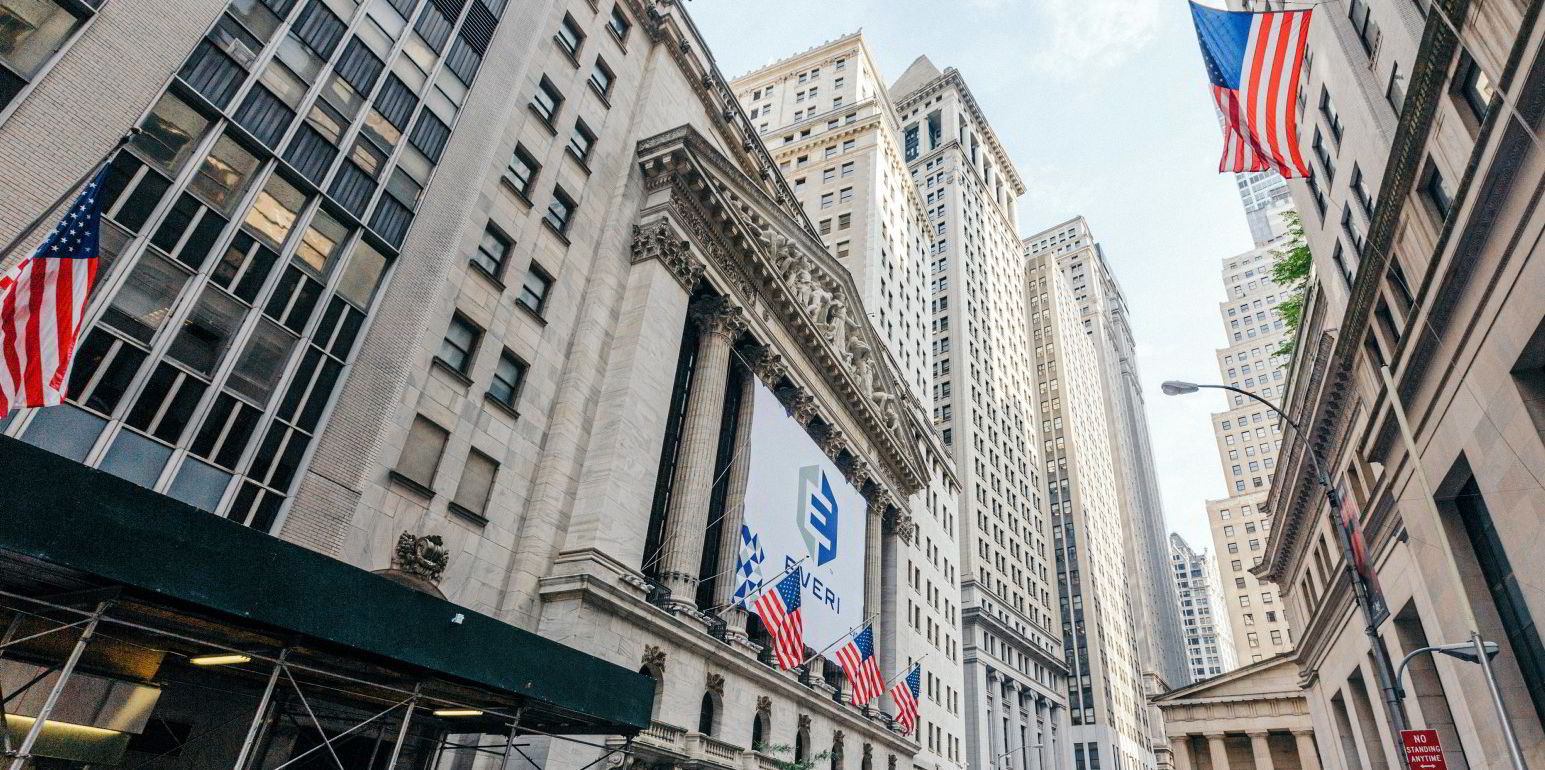More of the same rates strength in the containership sector and a resurgent LNG market combined to send US-listed shipping shares higher last week.
With boxships up a further 6% and LNG owners rising 4%, the 29 shipping stocks under coverage of investment bank Jefferies rebounded to an average 2.6% gain.
This put shipping back on the plus side against the broader S&P 500 index, which climbed 1.6%, and the small-cap Russell 2000 index, which edged up 1.1%.
The Jefferies Shipping Index has now appreciated 69.7% year to date and 63% year over year.
It was a Jefferies upgrade on Friday that appeared to help LNG owner GasLog Partners, which was the week's top gainer at 13.3%.
The Greek owner's numbers were actually down on the week before Jefferies lead shipping analyst Randy Giveans pinned a "buy" tag on the stock, sending it up 14.3% on the day.

Giveans had hailed GasLog as one of the few remaining US-listed pure play options in the resurgent LNG market, which has seen private equity investors take other owners private.
"Also last week, Shell reportedly paid over $200,000 a day for a relet TFDE LNG carrier from Trafigura and BP paid about $200,000 a day for a relet vessel from Osaka Gas," Giveans told TradeWinds.
"The LNG spot market continues to tighten as charterers are extending existing contracts and securing vessels for longer periods."
While the upward trend in the LNG market has been relatively recent, the opposite is true for containerships, which have been finding new heights in spot rates and charter fixtures through much of 2021.
This week's surge saw a rebound in shares of Israeli liner operator Zim, which shot up 12.7%.
The third-strongest stock on the week was fittingly Evangelos Marinakis' Capital Product Partners, which combines LNG exposure with containerised tonnage. It escalated 9.5%.
The only operating sector to lose ground on the week was LPG with a 2% drop. On a company basis, the week's biggest loser was LPG player StealthGas with a 2.7% tumble.
Dry bulk stocks righted themselves despite headlines around falling capesize rates, which skidded a further 23% on slowing iron ore demand and cargo splitting.
Cape rates remain at elevated levels, however, topping $50,000 a day, and dry stocks managed a 2% average gain.
Tankers also added an average 2% in share value as rates continued to gradually firm in the long-suffering sector.




